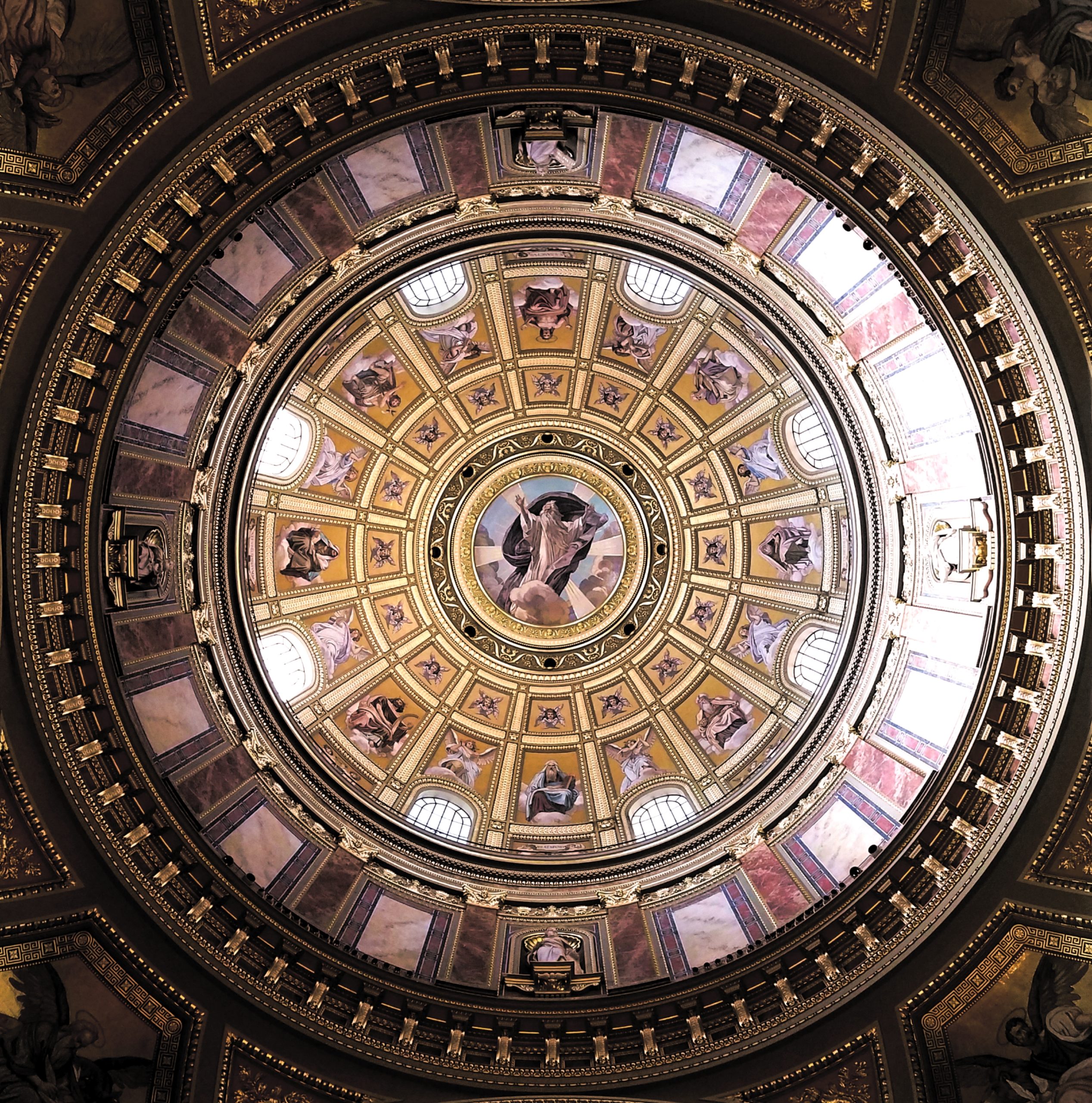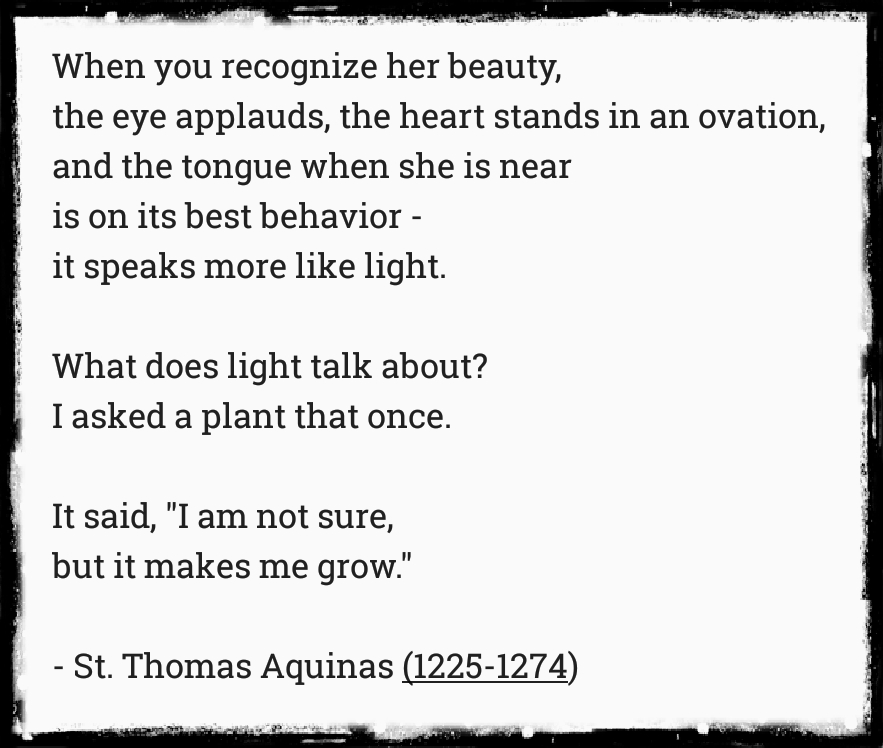Note: There are parts of this essay which have non-politically correct language, and to be honest, some racial slurs. I feel it’s necessary to put them in and I hope you understand the context in which they are used.
I grew up in the suburbs of Denver, which isn’t exactly as diverse or exciting as LA or Chicago, but a lot of races were well represented. My school was a microcosm of the larger neighborhood itself: the majority was white, but we also had a good number of blacks, Asians, and Hispanics (we didn’t have the politically correct nomenclature that’s been used in recent history). We had a nicely varied classroom and learned a lot from one another.
We were doing a study on immigration in fifth grade – learning about Ellis Island, the potato famine, and the large influx of immigrants during the early 1900’s. I was excited about the whole thing because I liked learning about my own family history. I had classmates who could trace their lineage back to George Washington or Daniel Boone – the best I could do was talk about my great-grandmother being raised in Nebraska.
One of my classmates was Asian-American, and I was curious as to which part of Asia he belonged. So I asked him, “Are you Chinese?”
“No, I’m American.”
“Haha, I know, but, like where are your parents from?”
“America.”
“Yeah, okay. So what are your grandparents?”
“They’re American.”
I got frustrated at this point and asked the teacher for David to tell me what he was. She asked, “David, what’s your heritage?”
He answered the same way he answered me, “American.”
She nodded her head and said, “There you have it. He’s American.” She went about her business and I sat there frustrated. I knew by looking at him that he was Asian, and I understood that he was American. But I couldn’t understand why he didn’t identify himself as Chinese, or Japanese, or Korean, or Vietnamese, or Thai.
*****
My family and I moved to Salida the summer before I entered 7th grade – I turned 13 that year. At that age it’s difficult to make and keep friends, fit in, and not be awkward – it’s even more difficult when you have to do it in an entirely new environment.
I was shocked by how white the town and school was – there was one Hispanic in my grade, and one black in the grade ahead of me (his brother was two grades below me). Walking around town all you saw was white people. You went grocery shopping and there were white people. You went to the park and there were white people. You went to church and there were white people. It was like a really, really weird Twilight Zone episode.
I came to discover that the town was really quite racist in its past and the residual effects of that still lingered. I heard stories of families being run out of town, kids tormented until they quit going to school, and that the KKK was still around, lurking in the shadows.
But even stranger to me was the racism that occurred between the whites themselves. There was a hierarchy between descendants of the Italians, the Germans, the English, the Irish, and other Anglos. Each group seemed to gather together at lunch or in the classroom. If you didn’t know a few words in Italian, couldn’t be angry like a German, or watch soccer like an Englishman then you didn’t belong in that group.
Being thirteen and trying to fit in, but also being of a varied background of Irish, English, Prussian, German, and whatever else you could throw in, I found it difficult to find a group that I felt comfortable with. It was a weird feeling being a white kid in a group of white kids and still not fitting in. I fit in better at my old school where the diversity seemed to erase the races. Racism wasn’t an issue for us – in that school we weren’t white, or black, or Asian, or Hispanic – we were just kids.
****
In the late 1990’s the fashionable thing was for guys to wear their hats backwards, and wanting to fit in any way that I could I jumped on that bandwagon and rode it for as long as I could. My brain told me it was a stupid thing to do – the whole point of the hat was for the bill to keep the sun out of your eyes. But I did it anyways for fear of being uncool.
We had a family reunion in the summer of 1998. I had just graduated high school, was looking forward to college, and was having a great summer and feeling really good about myself and my backwards hat. All the usuals were at the reunion – aunts, uncles, cousins, second cousins, people that were somehow related to me but not sure how, or why.
In talking with other people I’ve come to understand that each family has one member who takes the cake for being the weirdest, oddest, most eccentric person in the whole family. I’ve had numerous competitions with people pitting my uncle up against their family member, and I usually always win. Now don’t get me wrong – I think the world of my uncle. He’s very intelligent, funny, and very opinionated (which I am not, so that’s something I can respect).
So there I am at the reunion, sporting a backwards hat, newly graduated, and strutting around like I owned the place. As I’m walking around I pass my uncle sitting outside by the pool and I say, “Hey Uncle Chuck, what do you think?” It was a polite, but still edgy and cool thing to say.
He sat back in his chair and pulled a long drag from his cigarette, “I think you look like a God damn nigger.” Needless to say, his comment was a lot edgier than mine.
This was the first time I had heard the word nigger in real life. I’d heard it in the movies, both as an insult and a compliment. I knew immediately which way my uncle wanted me to take it. I was shocked to say the least, not because he called me a nigger (or used the phrase God damn which is a big no-no in my family), but because he used the word. I knew it was not to be used. I would get uncomfortable hearing it when I rented a movie, and now here I was hearing it in real life and I felt unbelievably uncomfortable.
I know the word has hate attached to it – I experienced that for myself. But what I experienced doesn’t come close to the power it has when it is said with hate attached to it and directed at an African-American. As bad as I felt for hearing it I can’t imagine what it’s like to feel it, to experience it in its fullness as an African-American.
***
In 2004, while going to college in Greeley, I worked at Wal-Mart with a guy named Luis who always had the radio we kept in the storeroom tuned to “El Tigre”. There were a few radio stations in the area that played mariachi, salsas, sambas, reggaeton, etc, but El Tigre played the newest, hottest hits. I fell in love with reggaeton – the beat, the timbre of the voices, the way the songs brought in so many different genres to make a great sound. I’d drive to school or to work blaring the radio as the DJ would say the usual radio stuff, but in Spanish.
I don’t speak Spanish. I can say ‘si’ and inquire about the restroom, I can say good, and count to ten. But that’s it. Listening to the station I picked up on words like ‘aqui’ and ‘ahora’, and phrases like, ‘es no bueno!” And while I figured out what ‘es no bueno’ meant I had no idea as to what ‘aqui’ signifies. I’d listen to ‘Ciento Dos punto Uno…El Tigre!’ but have absolutely no idea what was going on or what they were talking about.
Part of me felt a little embarrassed to be listening to ‘Ciento Dos punto Uno…El Tigre!’ Not because I was white, but because I wasn’t Hispanic. Something inside of me tried to say that the radio station was theirs and I shouldn’t be listening to it. I could have the other seventeen stations, but El Tigre was off limits.
My embarrassment went so far that when I would pull to a stop sign or stop light I would turn the volume way, way down so no one would know that I was listening to Ciento Dos punto Uno…El Tigre! I imagined listening to Daddy Yankee and rolling up to a stop light, but forgetting to turn the volume down. A group of Hispanics would pull up next to me and catch me head-bobbing and doing all the humiliating things that white people do when we listen to music. After I’d inadvertently managed to get the attention of the entire vehicle next to me, they’d yell at me, “Hey gringo, that’s our music!” Then they’d jump me.
**
It’s hard for me to understand intolerance when it comes to race. I’ve seen both sides and I don’t get why it’s even an issue at times. I’ve lived in both tolerant and intolerant places. I’ve lived in integrated and all-white towns. I’ve worshiped with stiff whites and hand-clapping-shouting-praise-Jesus-African Americans. I’ve been in classes with immigrants, descendants of slaves, bilingual kids; I’ve been in all white classes where Martin Luther King Jr. was nothing more than a blip in history.
I suppose what bothers me is that I didn’t stand up to my uncle when he used the word nigger. And it bothers me that I’m embarrassed about listening to reggaeton, because, truthfully, it’s not ‘their’ music – it’s everyone’s music (if I had to listen to my German heritage music, it’d be Lawrence Welk…heaven help me). It bothers me that I think that people of different races want to be identified as Asian, Hispanic, black or whatever instead of American (how racist is that?). Maybe, unknowingly… somehow…deep down inside I don’t understand how to love and respect all races. I was taught to be very tolerant of all races – no one was better or worse than another, least of all because of their skin color. I truly believe it.
But perhaps I should work on doing what I believe.
If you hear Tito el Bambino playing loudly on a car stereo, don’t get angry – be thankful that I’m working on improving myself.
.much love. sheth.



